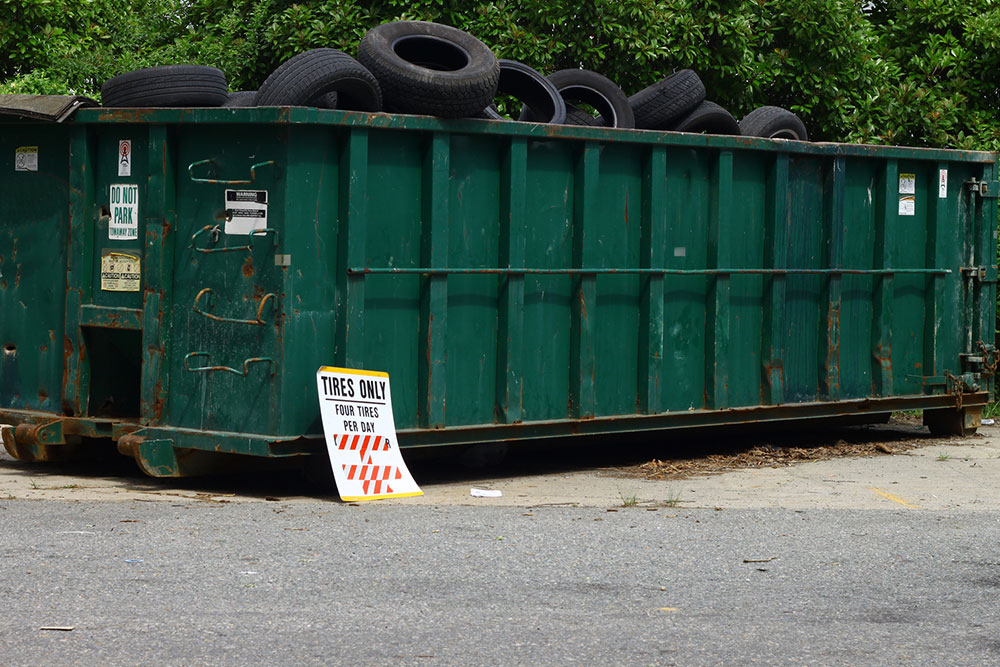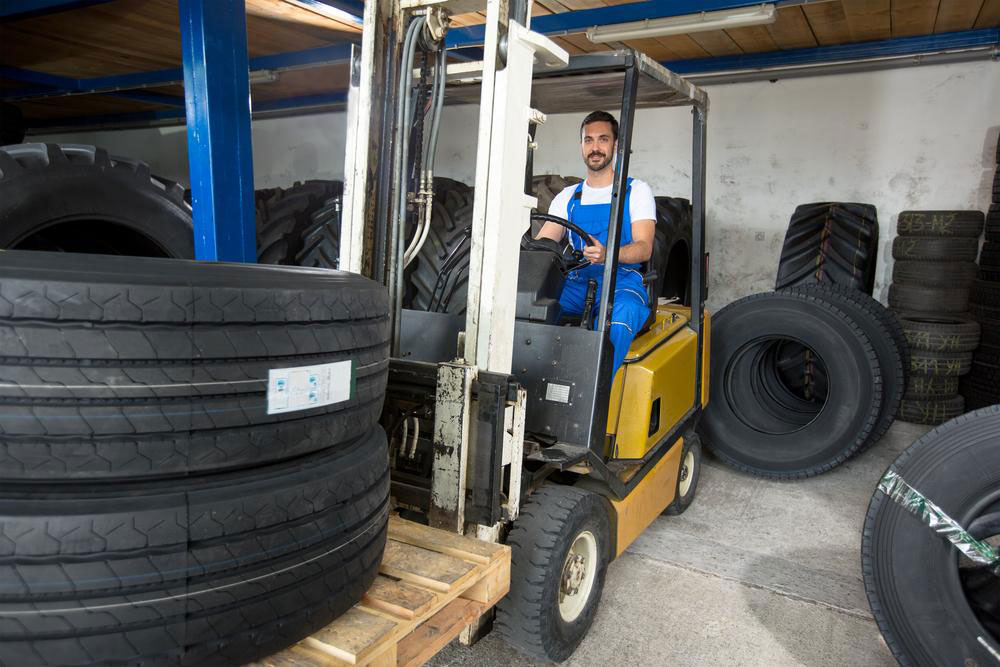Eco-Friendly Tire Disposal and Recycling Solutions
Discover sustainable tire disposal methods, from collection to innovative reuse. Learn about the recycling process, benefits for the environment, and practical tips for finding nearby recycling centers. Recycling tires reduces pollution, conserves resources, and creates valuable products like rubberized asphalt and playground surfaces. Supported by various industry recommendations, responsible tire recycling supports eco-friendly practices and community safety. Join the movement to give old tires a new purpose, contributing to a cleaner, safer, and greener world.

Sustainable Tire Disposal and Recycling Methods
Annually, countless tires reach the end of their lifespan. Recycling these tires plays a crucial role in reducing environmental harm. Here, we explore the tire recycling process, its advantages, and tips for locating responsible recycling facilities.
Path of Tire Recycling
Recycling begins with collecting discarded tires. Many recycling centers offer convenient drop-off points for individuals and businesses, ensuring tires are diverted from landfills and illegal dumping sites.
At recycling plants, the transformation process starts.
The tires are shredded into smaller fragments, which are then processed to extract useful materials such as rubber, steel, and fabric. These components have diverse applications, enhancing the value of tire recycling efforts.
Common Uses for Recycled Tires
Recycled tires find applications in various industries:
Rubberized Asphalt
Used in road construction, recycled rubber mixed with asphalt improves durability, skid resistance, and noise reduction.
Playground and Sports Surfaces
Recycled rubber forms cushioned, safe surfaces for playgrounds, sports fields, and tracks, providing shock absorption and injury prevention.
Other uses of recycled tires include:
Footwear
Many sneakers incorporate recycled tire rubber into their soles for comfort and resilience.
Landscaping Materials
Processed into mulch, recycled rubber assists in moisture retention, weed control, and pest reduction.
Construction Components
Recycled rubber enhances insulation and soundproofing in roofing shingles, barriers, and foundational materials.
Advantages of Tire Recycling
Recycling tires offers numerous environmental and economic benefits:
Environmental Impact
It minimizes landfill accumulation, reduces fire hazards, and prevents soil and water contamination.
Resource Saving
Conserving raw materials like rubber, steel, and fabric decreases dependence on natural resources.
Economic Growth
It creates jobs across collection, processing, and manufacturing sectors, promoting sustainability and economic development.
Healthier Roads
Rubberized asphalt offers smoother surfaces with better traction, reducing road noise and improving community well-being.
Finding a Tire Recycling Facility
Locating nearest recycling centers is straightforward with these tips:
Online Search
Type phrases like "Recycling centers near me" or "Tire recyclers in my area" to access local options.
Directories and Listings
Check community directories, both digital and print, for reliable places to recycle tires.
Government Resources
Visit municipal or environmental agency websites for official recycling site maps.
Environmental Groups
Organizations focused on sustainability often maintain lists of approved recyclers.
Waste Management Contacts
Your local waste or sanitation service can guide you to approved tire recyclers.
Auto Shops and Garage Networks
Many car repair stores know local recycling options and may accept tires for recycling.
Community Networks
Local forums and neighborhood groups can share recommendations based on experience.
Recycling Apps and Social Media
Smartphone apps and social media pages often provide updated recycling center info and community feedback.
Direct Inquiries
Calling nearby scrapyards or landfills may connect you to the right recycling channels.









